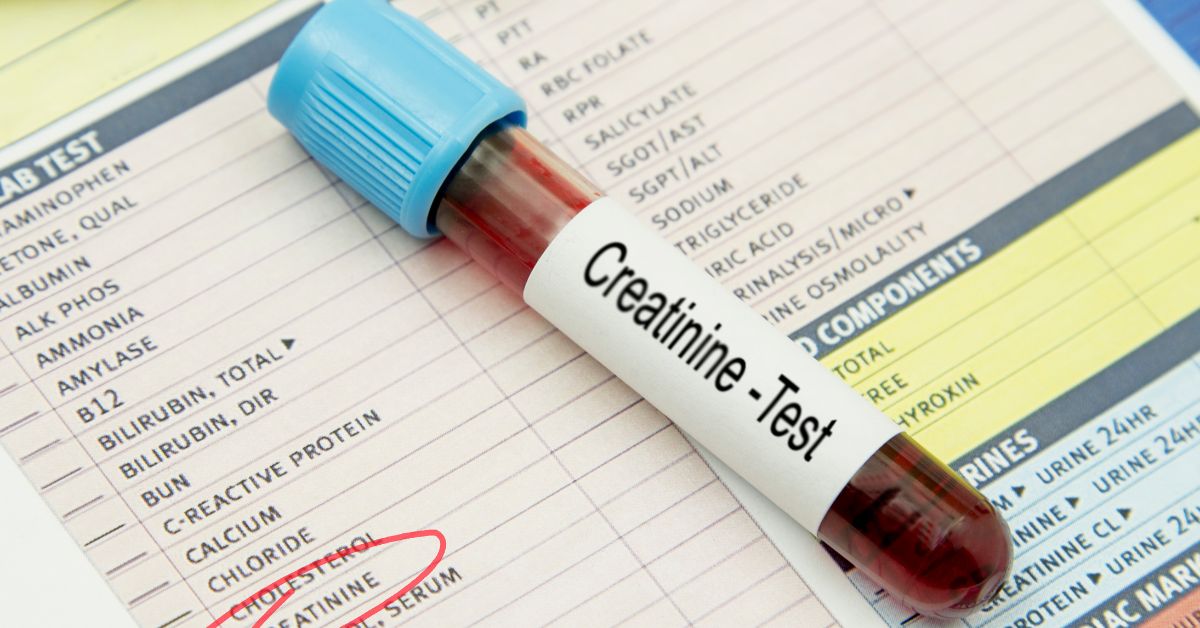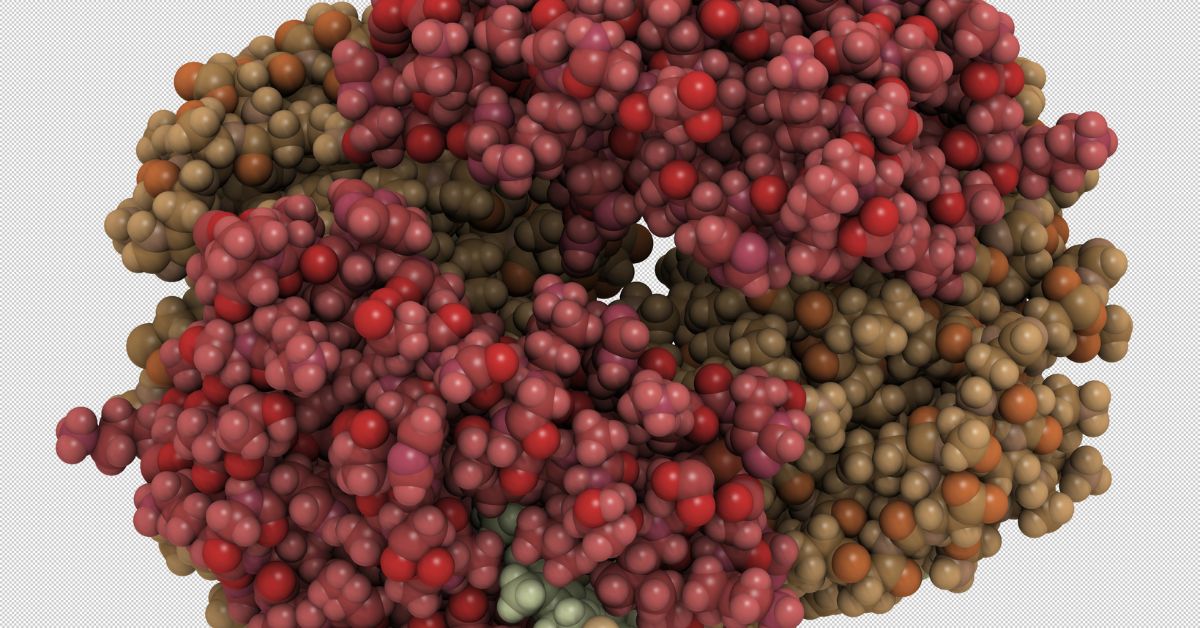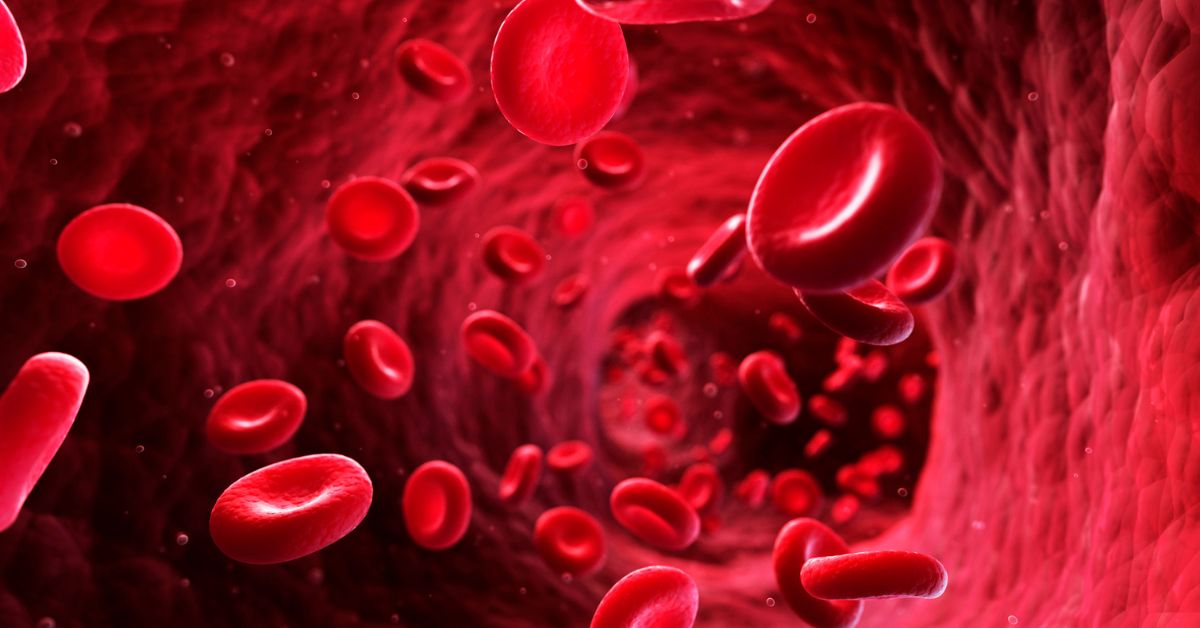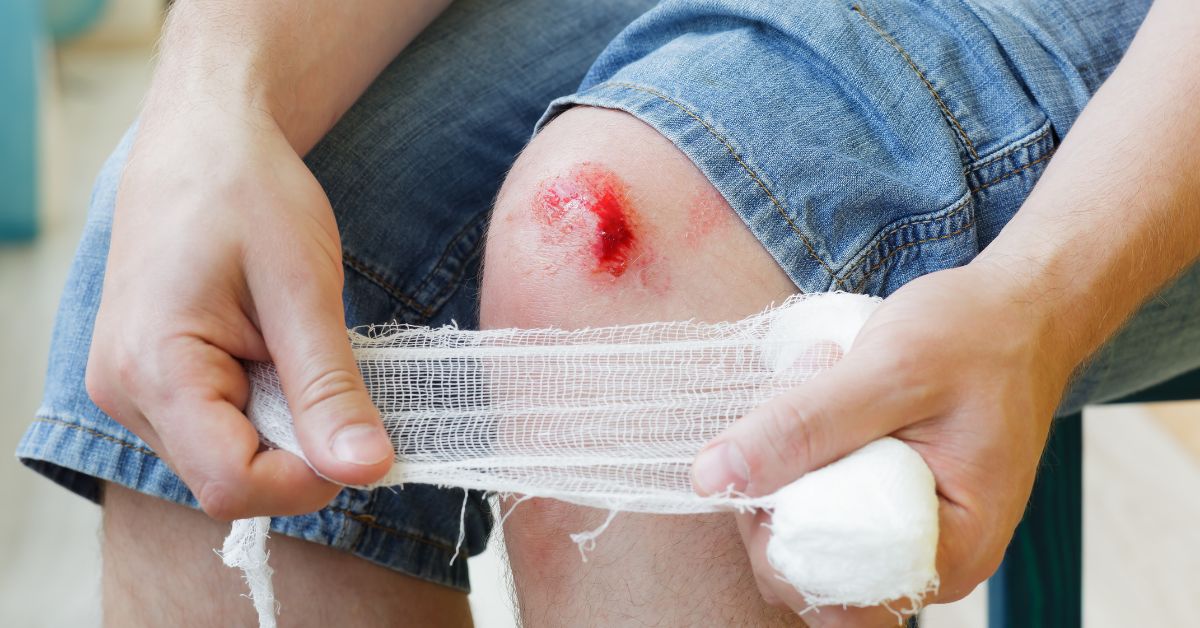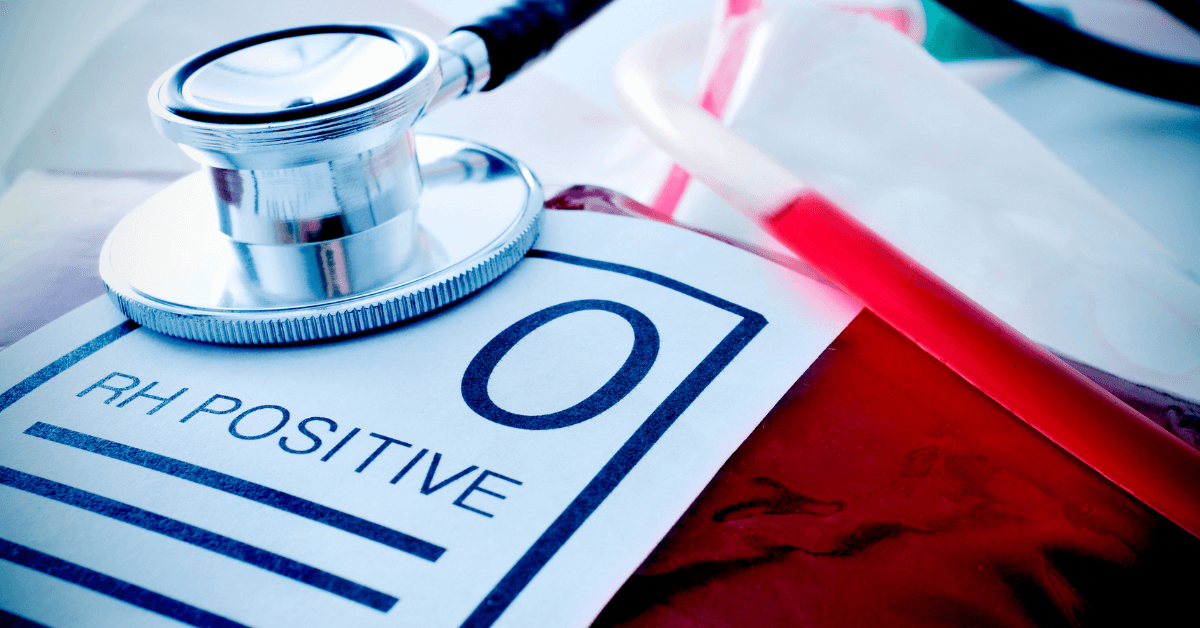Blood donation is a noble humanitarian act that can save many lives. However, it is crucial to prepare properly to ensure both your safety and the quality of the donated blood. This article provides detailed information on “What Should You Do Before Donating Blood”
Basic Conditions for Blood Donation
Not everyone is eligible to donate blood. Refer to the following criteria, updated by the National Institute of Hematology and Blood Transfusion:
- Age: 18 – 60 years old
- Weight: Over 45kg (for men over 42kg)
- Health: No infectious diseases (hepatitis, HIV…), no severe cardiovascular or respiratory diseases, not on special medications.
- Gender: Both men and women can donate blood, but women should be mindful of their menstrual cycle.
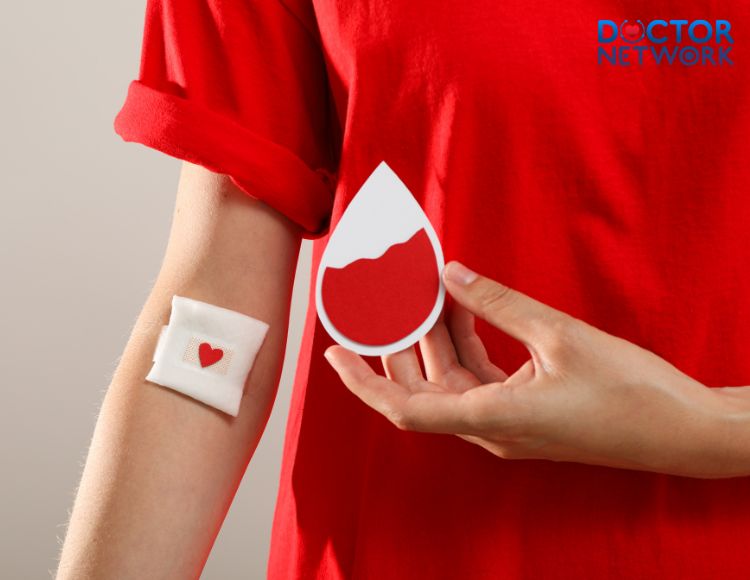
Both men and women can donate blood, but women should be mindful of their menstrual cycle
What Should You Do Before Donating Blood?
What to Eat Before Donating Blood
Do: Have a light iron-rich meal (red meat, dark green vegetables…) a few days before donating, consume fruits high in vitamin C, and drink plenty of water.
Avoid: Foods high in fat and sugar, and hard-to-digest foods right before donating.
Get Enough Sleep
Ensure you sleep for at least 7-8 hours the night before donating blood to help your body stay healthy and alert, reducing the risk of adverse reactions during donation.
Avoid Alcohol
Do not consume alcohol for at least 24 hours before donating. Alcohol decreases the quality of blood and can harm the donor’s health.

Do not consume alcohol for at least 24 hours before donating
Administrative and Psychological Preparation
Documents to Bring: ID card, identity card, passport, or other personal identification documents.
Stay Calm:
- Anxiety can raise blood pressure, complicating the donation process.
- Relax, take deep breaths, and bring a book or music to keep yourself calm.
At the Blood Donation Site
Follow Medical Staff Instructions: You will undergo a health check, blood pressure and pulse measurements, a quick blood test, and complete a medical history form.
Post-Donation Sensations
Mild dizziness or nausea is normal.
Rest for at least 15 minutes after donating blood, drink water, and have a light snack.
If you experience severe symptoms (fainting, difficulty breathing), inform the medical staff immediately.
Post-Donation Rest
Rest and engage in light activities on the donation day.
Avoid heavy work or strenuous exercise.

Rest and engage in light activities on the donation day
Common Questions Related to “What to Do Before Donating Blood”
Here are five frequently asked questions related to the topic “What to Do Before Donating Blood”:
How long before donating blood should I avoid alcohol?
It is crucial to avoid alcohol for at least 24 hours before donating blood. Alcohol can reduce the quality of blood and pose health risks to both the donor and the recipient.
Do I need to skip breakfast before donating blood?
You should not skip breakfast. Have a light, easily digestible meal rich in iron (such as meat, eggs, and green vegetables) and drink plenty of water to keep your body healthy.
Who should not donate blood?
Individuals under 18 or over 60 years old, those who do not meet the weight requirements, people with infectious diseases (HIV, hepatitis B, etc.), those with serious cardiovascular or respiratory diseases, and individuals currently on special medications should not donate blood. For detailed eligibility criteria, refer to reputable healthcare facilities.
Does donating blood affect your health?
For individuals who meet the donation criteria, the body quickly replenishes the donated blood. Blood donation typically does not have long-term health effects if you prepare adequately and follow the medical professionals’ guidelines.
What should I avoid after donating blood?
Avoid strenuous physical activities, alcohol, and stimulants. Rest, eat well, and consume iron-rich foods to aid the recovery process.
Scientific Evidence on “What to Do Before Donating Blood”
Below are some scientific references regarding “What to Do Before Donating Blood”:
- The Centers for Disease Control and Prevention (CDC) recommends avoiding alcohol within 12 hours before donating blood. Source.
- Research from the University of California, San Francisco, shows that getting sufficient sleep (7-8 hours) helps reduce the risk of dizziness and other side effects during blood donation. Source.
- The National Institute of Hematology and Blood Transfusion recommends having a light meal rich in iron (such as red meat and dark green vegetables) a few days before donating blood. Source.
- The American Red Cross advises drinking plenty of water (about 500ml) before donating blood. Source.
- The Journal of Medical Psychology indicates that anxiety can increase blood pressure and cause difficulties during blood donation. Source.
Blood donation is a noble act, and with thorough preparation, you can ensure your safety and the quality of the donated blood. Remember to eat properly, get enough sleep, relax, and bring your identification documents when you go to donate blood. This article aims to provide you with comprehensive information on “what to do before donating blood.”
References:
https://www.redcrossblood.org/donate-blood/blood-donation-process/before-during-after.html
https://www.blood.co.uk/the-donation-process/preparing-to-give-blood/
https://www.healthline.com/health/what-to-eat-before-donating-blood
Kiểm Duyệt Nội Dung
More than 10 years of marketing communications experience in the medical and health field.
Successfully deployed marketing communication activities, content development and social networking channels for hospital partners, clinics, doctors and medical professionals across the country.
More than 6 years of experience in organizing and producing leading prestigious medical programs in Vietnam, in collaboration with Ho Chi Minh City Television (HTV). Typical programs include Nhật Ký Blouse Trắng, Bác Sĩ Nói Gì, Alo Bác Sĩ Nghe, Nhật Ký Hạnh Phúc, Vui Khỏe Cùng Con, Bác Sỹ Mẹ, v.v.
Comprehensive cooperation with hundreds of hospitals and clinics, thousands of doctors and medical experts to join hands in building a medical content and service platform on the Doctor Network application.














